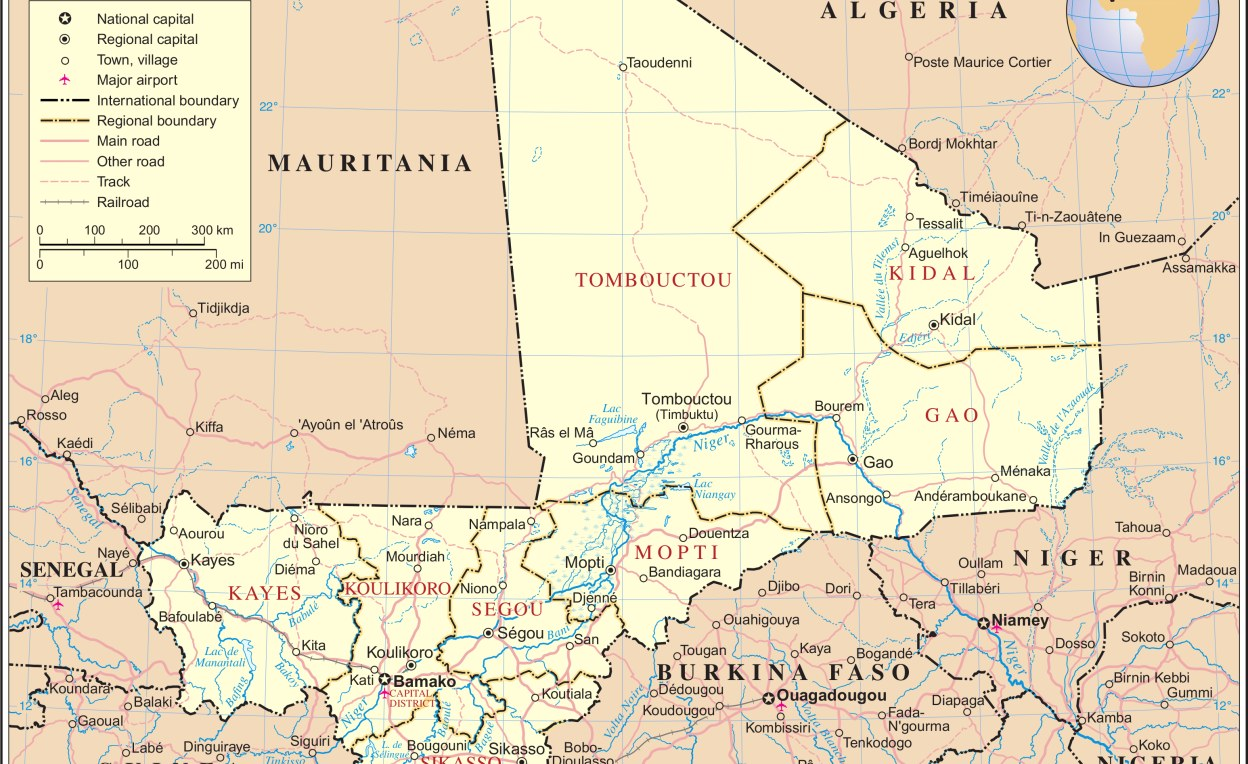The EU slammed the “kidnapping” of Mali interim President Bah N’Daw and Prime Minister Moctar Ouane after soldiers took the civilian leaders into custody.
Malian interim President Bah N’Daw and Prime Minister Moctar Ouane were put under arrest by military officers on Monday, drawing condemnation from the international community. Defense Minister Souleymane Doucore was also arrested.
The leaders were reportedly taken to the Kati military base located near Mali’s capital, Bamako.
The arrests come just hours after two members of the military junta lost their positions in a cabinet reshuffle.
What did the international community say about the arrests?
The UN, the African Union and the Economic Community of West African States (ECOWAS) condemned the move and called for the leaders to be released. The “attempted coup” was also met with disapproval from the EU, US and UK, with the EU slamming the move as “kidnapping.”
UN Secretary-General Antonio Guterres said he was “deeply concerned” by the arrest of N’Daw and Ouane.
“I call for calm & their unconditional release,” he said on Twitter.
“What happened was grave and serious and we are ready to consider necessary measures,” European Council President Charles Michel told reporters on Monday following an EU summit in Brussels.
What’s the political situation in Mali?
In August, the Malian military ousted President Ibrahim Bouboucar Keita, forcing him to resign. An interim government, led by N’Daw, was formed in September.
The interim government, which is set to govern the country for an 18-month period, is tasked with implementing reforms and eventually holding elections. Many of the key leaders of the interim government are affiliated with the military, and N’Daw himself has served as an army officer.
Mali has faced numerous security and humanitarian crises.
Separatist and Islamist groups have waged an armed insurgency against the government since 2012. The fighting has displaced hundreds of thousands of people, with violence having spilled over into neighboring Burkina Faso and Niger.
Climate-related issues have disrupted the country’s food supply and agricultural sector. The COVID-19 pandemic has also put additional strain on Mali’s underdeveloped healthcare system.

